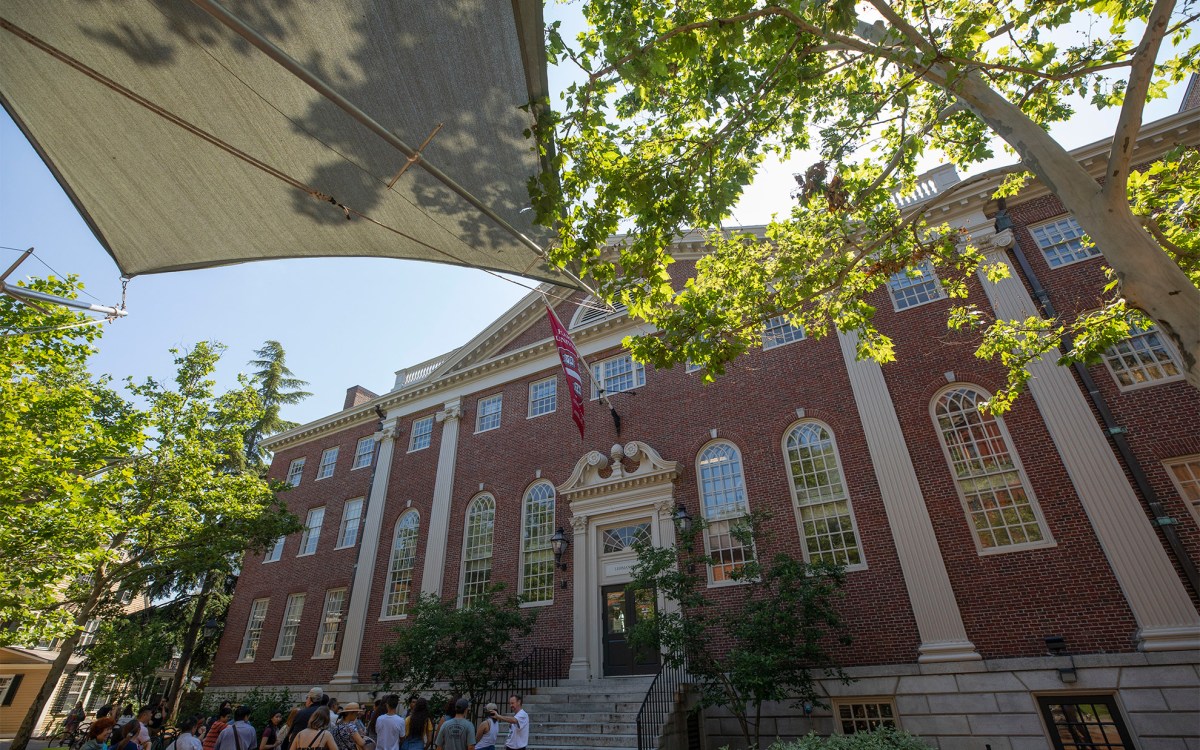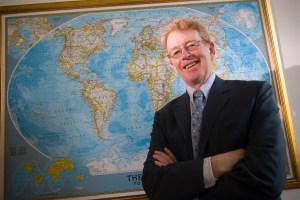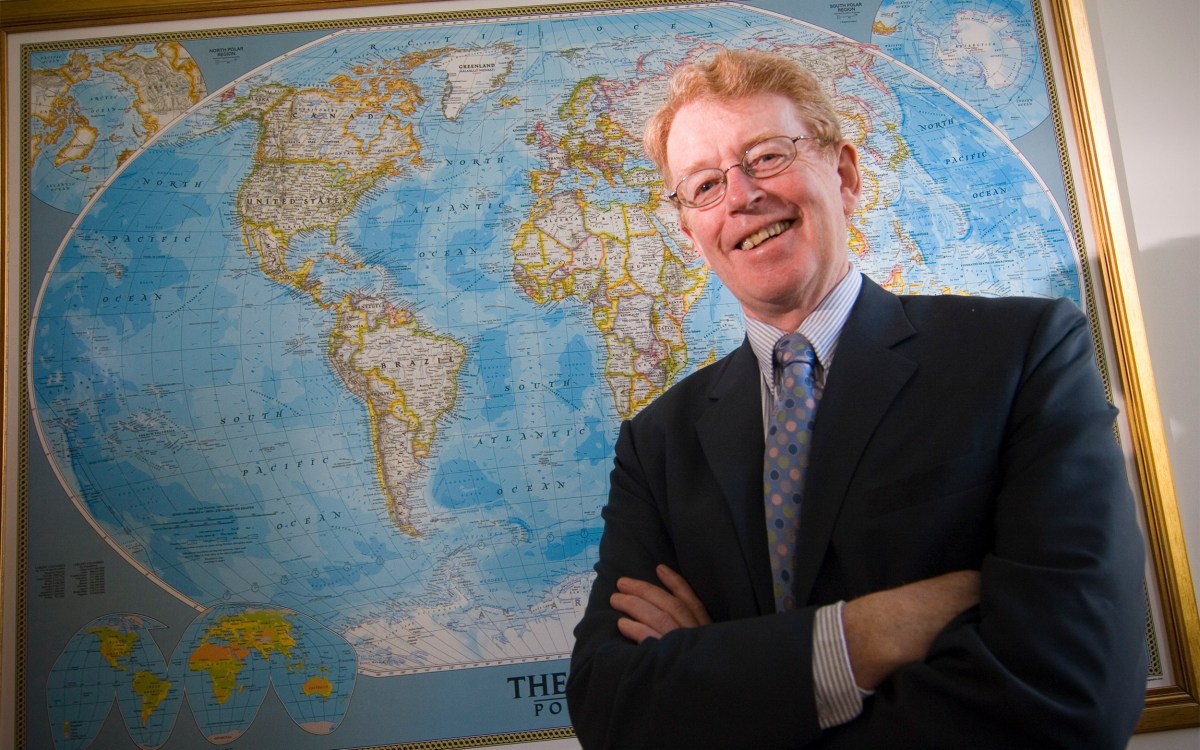Richardson Fellowships are awarded
The Class of 2007 recipients of the Elliot and Anne Richardson Fellowships in Public Service will help others in locations from Ghana to Los Angeles, aiding teenagers with sickle cell anemia and assisting low-income students to prepare for entry into top colleges.
The Richardson Fellowships aim to encourage and enhance the pursuit of careers in public service, emphasizing Harvard’s commitment to the value of such endeavors. They pay tribute to Elliot and Anne Richardson, who as individuals and as a team embodied the ideals of public service. Elliot Richardson held three successive Cabinet posts during the Nixon administration, as well as an ambassadorship and another Cabinet post in the Ford administration. Anne Richardson joined the national efforts of “Reading Is Fundamental” during its infancy and served as its chair from 1981 to 1996. Both enjoyed long and diverse records of service at Harvard and remain the only husband and wife to serve on Harvard’s Board of Overseers.
This year’s fellows are as follows:
Ifunanya H. Ejebe plans to implement a health-management program for teenagers with sickle cell anemia at the Sickle Cell Disease International Foundation for Research and Treatment in Kumasi, Ghana. Having been diagnosed with the disease at age 3 after emigrating from Nigeria with her family, Ejebe brings to bear her own experience with the illness. As a biology concentrator at Harvard, she conducted research on sickle cell anemia and mentored teenagers with the condition as director of the Support and Training Result in Valuable Employees (STRIVE) program. She also researched the public health interventions spearheaded by nonprofits in Nigeria for those with sickle cell for her senior health-policy project in the Harvard Certificate in Health Policy program. Ejebe ultimately wants to work with an international health nonprofit organization after attending medical school.
Rajan A. Sonik, a biochemical sciences concentrator, will partner with Project HEALTH New York to create STRIVE programs for the city’s low-income teenagers with sickle cell anemia. STRIVE provides mentoring, tutoring, peer support, and disease education to help the teens succeed in school and life. Sonik would also like to lay the groundwork to form a network of STRIVE programs and establish the organization as a national intervention model for all children with chronic diseases. After earning a graduate degree, Sonik plans to pursue a career in urban education reform and child health advocacy.
Andrew D. Sternlight co-founded and co-directed “Higher Edge” to help make elite university education available to high-achieving, low-income students in his hometown of Los Angeles. During the summer of 2006, the program provided a free workshop with lessons on writing effective college applications, preparing for the SAT, securing scholarships, and sharpening study skills. After graduating as a social studies concentrator, Sternlight plans to return to Higher Edge as a full-time director. He intends to build the capacity of the organization, extending it throughout the year and transforming it into a self-sustaining enterprise. After a year as director, he will earn a joint law and public policy graduate degree and pursue a career in public education reform.




